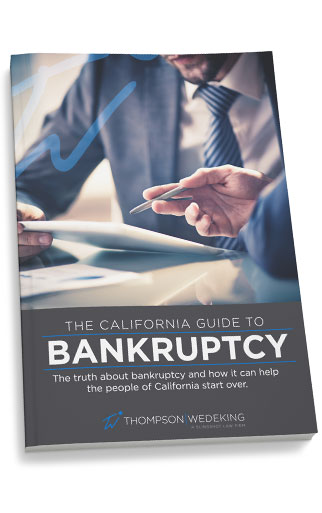Involuntary cases are available only under Chapter 7 and Chapter 11 of the Bankruptcy Code. Such cases may be brought against a person who may be a debtor under Chapter 7 and Chapter 11 by filing a petition, with the exception that involuntary cases may not be commenced against a farmer, family farmer, or a corporation that is not a moneyed business or a commercial corporation. Thus, if an entity is eligible to become a debtor under Chapter 7 or 11, the Bankruptcy Code authorizes the filing of an involuntary petition. Chapter 9 cases cannot, however, be involuntarily initiated by creditors. A “person” is defined in the Bankruptcy Code to include an individual, a partnership, and a corporation, but the definition does not include governmental units, such as the United States, instrumentalities of the United States, states, commonwealths or districts, territories, municipalities, or foreign states.
The burden of proving that the debtor is subject to an involuntary case rests on the entities filing the petition. To support the commencement of an involuntary case, the petitioning entities must establish that they are in fact owed debts by the person against whom the involuntary petition is filed; thus, a petition generally may not be brought against a corporate officer personally by petitioners who hold claims only against the corporation, where the corporate officer is not liable as an individual for those debts.
A joint venture which met the criteria for a partnership under the Bankruptcy Code qualified as a “person” against whom an involuntary case could be commenced.
An involuntary case may be commenced by a petition filed in the Bankruptcy Court by a number of entities that each hold claims against the debtor which are not contingent to liability nor the subject of a bona fide dispute. An “entity” is defined to include a person, estate, trust, governmental unit, and in those jurisdictions where the United States trustee system is in effect, a United States trustee. An indenture trustee representing the holder of a claim also qualifies to be among the entities who may file an involuntary petition, if the holder of the claim qualifies. Among the entities which have been permitted to file or who are recognized as being able to file an involuntary petition, providing all other criteria are met, are assignees, corporate officers, corporate shareholders and directors, employees, holders of promissory notes, and nonbankruptcy trustees. Minor children having a right to payment for their support from the debtor as ordered by a state dissolution court hold a claim against the debtor, thus permitting them to be petitioning creditors. An undersecured recourse creditor may file an involuntary petition. However, employees claims, insider claims, and the claims of any transferee of any voidable transfers have been excluded from the creditor count.


